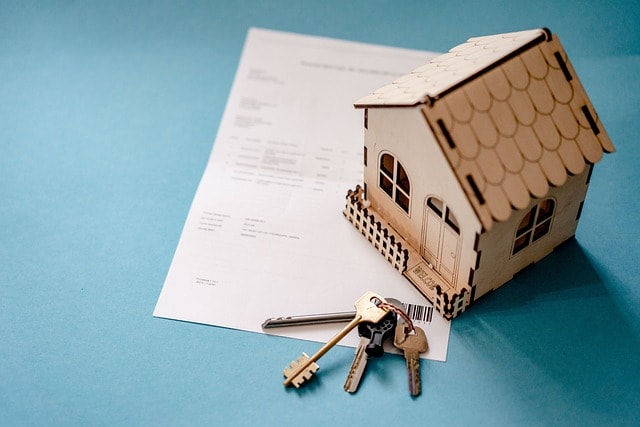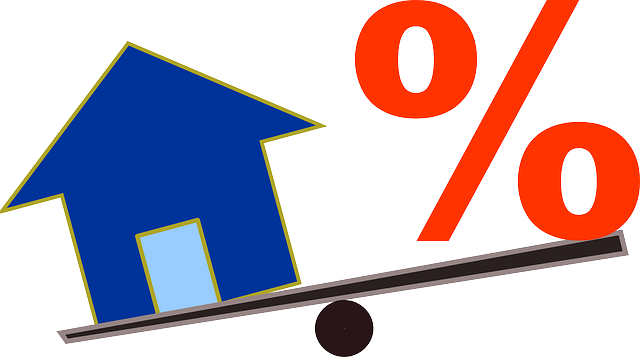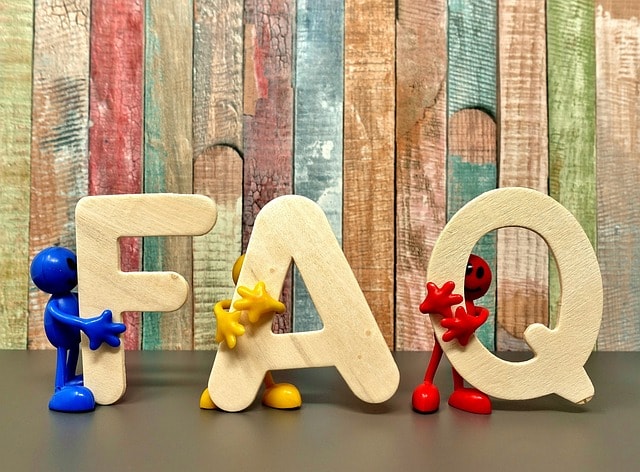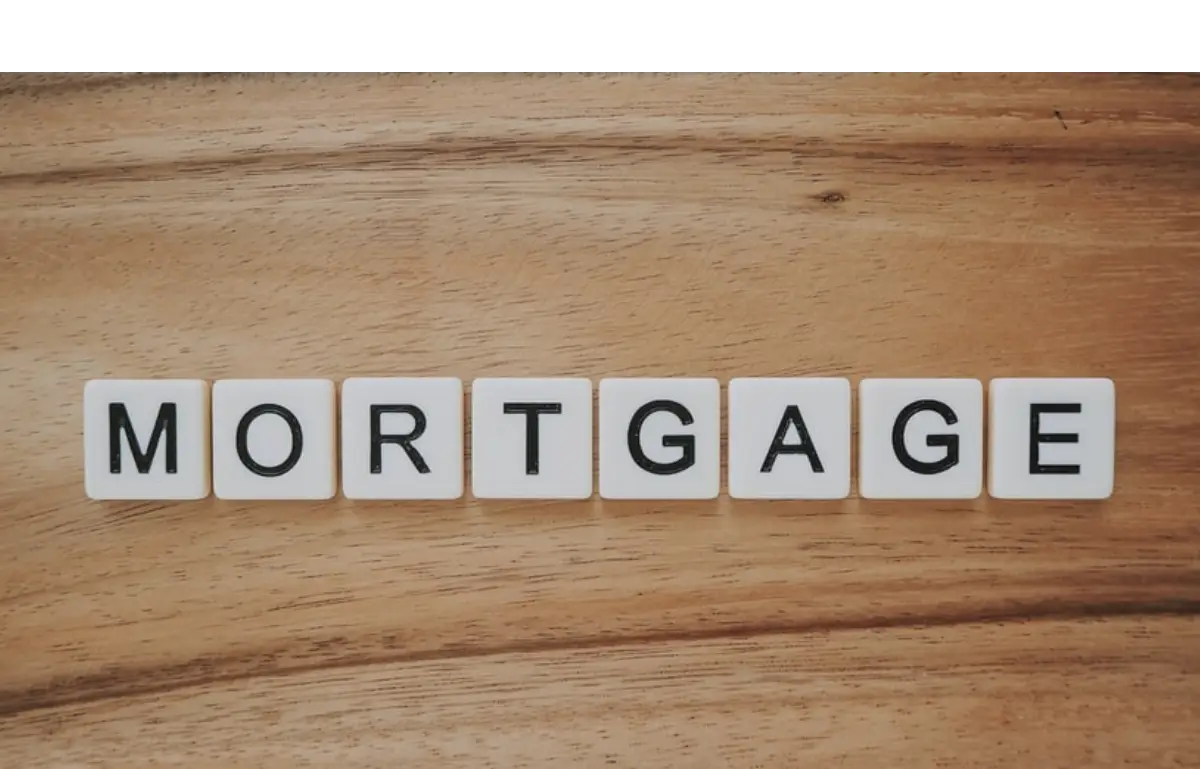Finding the best mortgage deals, especially when comparing five-year fixed-rate mortgages vs. adjustable-rate mortgages, can significantly impact your financial future. Understanding the average mortgage rates is crucial, as they provide insight into current rate information for different mortgage types, such as 30-year and 15-year fixed-rate mortgages. This guide aims to provide a clear understanding of current mortgage rates for both options to help you decide which home loan provider offers the best mortgage deals for your situation.
Related: Reverse Mortgage: Types and it is good for? Complete Guide

Related:4 Steps to Get the Best Mortgage Rate
Understanding Mortgage Basics
Understanding the basics of a mortgage is crucial for making informed decisions when buying a home. A mortgage is a loan from a lender that allows you to borrow money to purchase a home. In a mortgage insurance in exchange for borrowing money, you agree to make regular payments, known as monthly mortgage payments, which typically include monthly payment for principal, interest, taxes, and insurance (PITI). The interest rate on your mortgage determines how much of your monthly mortgage payment goes towards interest versus principal.
When you take out a mortgage, the lender provides you with a loan estimate, which outlines the terms of the loan, including the interest rate, monthly payments, and any additional costs. It’s important to understand these terms and how they will impact your finances over the life of the loan. By grasping the basics of home loans, you can better navigate the mortgage process and choose the best option for your financial situation.
Understanding Fixed-Rate Mortgages and Mortgage Interest Rates
A fixed-rate mortgage is exactly what it sounds like the interest rate is fixed and won’t change throughout the life of the loan. A common example is the 30-year fixed-rate mortgage, which offers stability and predictability in monthly payments. This type of mortgage is ideal for those who prefer stability and predictability in their monthly mortgage payments. Regardless of market fluctuations, your mortgage and scheduled monthly payment amount will remain the same, making budgeting easier.
One of the main advantages of a fixed-rate mortgage is the peace of mind it offers. Knowing exactly what your payments will be for 15, 20, or 30 years can provide a sense of security, especially for first-time homebuyers or those on a fixed income. However, this security comes at a cost. Fixed-rate mortgages typically have higher interest rates compared to the initial rate of an adjustable-rate mortgage (ARM). Therefore, if you’re searching for the best mortgage deals, it’s important to consider not only the rate but also the long-term financial impact of your choice.

Related: Today’s Mortgage Rates – Latest Updates
Exploring Adjustable-Rate Mortgages (ARMs) and Adjustable-Rate Mortgage
Adjustable-rate mortgages, on the other hand, begin the loan term with an interest rate that may be lower than fixed-rate loans, but this rate can change over time based on market conditions and fluctuations in mortgage interest rates. ARMs are often structured with an initial fixed-rate period followed by annual adjustments influence mortgage rates. For example, a 5/1 ARM has its mortgage rate lock at a fixed rate for the loan term first five years and then adjusts every year thereafter.
The appeal of ARMs lies in the potential savings during the initial fixed-rate period, which can be significantly lower than fixed-rate mortgage rates. This makes ARMs an attractive option for those who plan to sell or refinance their home before the adjustable period begins. However, there’s a risk that interest rates could rise, increasing future payments. This uncertainty makes ARMs less appealing to those who prefer stability or plan to stay in their homes long-term.
Mortgage Rate Comparison
Comparing mortgage rates from multiple lenders is essential to finding the best deal. Mortgage rates can vary significantly between lenders, and even small differences in interest rates can add up to thousands of dollars in savings over the life of the loan. When comparing rates, consider the annual percentage rate (APR), which takes into account fees and discount points in addition to the interest rate. You can use online, mortgage calculator calculators to compare current mortgage rates, estimate your monthly payments and compare rates from different lenders.
It’s also important to look at the overall cost of the mortgage loan itself, not just the interest rate. This includes closing costs, lender fees, and any other charges that mortgage lender or central bank may apply to conventional loans. By taking the time to compare rates and terms from multiple lenders, you can ensure that you are getting the best possible deal on your mortgage.
Mortgage Lenders and Rates
Mortgage lenders offer a range of interest rates and loan terms to suit different borrowers’ needs. Some lenders specialize in offering competitive rates to borrowers with excellent credit scores, while others may offer more flexible terms for borrowers with lower credit scores. When shopping for a mortgage, consider working with multiple lenders to compare rates and terms. You can also use online mortgage marketplaces to compare rates from multiple lenders at once.
Different lenders may have different criteria for approving loans, so it’s important to understand what each lender is looking for. This can include your credit score, income, and other financial factors. By comparing offers from multiple lenders, you can find the one that best fits your needs and offers home loan on the most favorable terms.
Comparing the Best Mortgage Deals from Mortgage Lenders
When searching for the best mortgage deals, consider how long you plan to stay in your home. If you’re likely to move within a few years, an ARM might offer the best deal due to the lower initial rates. However, if you’re settling down for the long haul, the predictability of monthly payment with a fixed-rate mortgage could be more valuable.
Additionally, it’s crucial to shop around and compare offers from multiple lenders. Each mortgage lender often has different rates, fees, and terms, which can significantly impact loan amount and your monthly mortgage payment. Consider using an online mortgage calculator to compare each loan estimate the total cost of each option over time.
Today’s mortgage rates
The annual percentage rate of unsecured mortgages is declining. In September 2024, mortgage rates grew at annual percentage rate of 5.74% compared with annual percentage rate of 5.74% reported on Zillow. The average 15-year loan rate is 5.11%. The current rate of mortgage lending is also slightly higher than in the past decade. Thankfully, many experts predict that the top mortgage interest rate will drop further in 2025 when inflation slows.

Today’s Average Mortgage Interest Rates by Term
The Curinos borrow from its own standards – e.g., $350,000 in unsecured bank loans. Jumbo mortgage calculator: loan rates have a minimum loan limit of $7500. These daily mortgage rate calculations assume an 80% lTV ratio, credit ratings below 760, and 60 days of lock time in central bank. Curino. Curio determines the average mortgage rate using standard parameters. The calculations are calculated based solely on a property owned by a person and rented at $350,000 for a single property. Jumbo mortgage cases: loan amounts are $750k. The calculations consider that 80% of the loan amount is worth less than 740 and that it has 60 60-day locking period in the bank.
Forbes Advisor Average Mortgage Rates for October 2024
Mortgage prices have been dropping in annual percentage rate since the mid-1980s, and this should help buyers. While the mortgage market is still strong the fed funds rate was reduced at its meeting of September 18. That could lead to further downward pressure on the loan rate in the coming year – and possibly even by 2024. Compare current mortgage rates with rates and conditions from most popular lending companies to get an offer which matches their needs. Request a specialist.
Average mortgage rate by credit score
FICO has compiled data showing the mortgage points lower the creditworthiness of the lender fees the property taxes the applicant, the more the interest payment on the mortgage. The interest rate on a 30-year, fixed-rate home of 300,000 was set at the end of 2018 and the rates have been adjusted to meet the current trend.
How To Get the Best Mortgage Rate Today
Although lenders determine the rates of your loan, there may be proactive ways for ensuring the lowest possible interest rate for your loan at any given time. Having the ability to meet with a number of lenders is a big step. Even lowering the first interest rate itself is an easy way for saving money.
Current mortgage rates’ impact on home prices and inventory
In recent months, the rate has kept prices at their lowest in five months. In August 2024 the median sales price in the home market had increased from $517,000. The MBA forecasts housing prices to rise by 3.9% between 2024 and 2025. Freddie Mac expects to grow 3% in 2025. Falling rates often stimulates consumer demands and increases property prices. As rates go up homeowners are more likely to offer listings to increase inventory. A price rise can stop too quickly.
How (and why) to compare mortgage rates
Mortgage rates such as those shown here are just a sample of current average mortgage rates and rate trends. These are average mortgage rates, rate trends or averages by several lenders and are provided on NerdWallet by Zillow. These are good sources of information regarding your mortgage rate and may not reflect the rate you are getting. When one looks at the websites of each lender to view mortgage rates, they can be considered examples of interest rates. To calculate such rates, lenders make several assumptions about their “example” borrowers, such as credit scores and down payments. Sample rates often contain discounts, which can optionally cost borrowers to reduce the interest rate.
Factors to Consider: Credit Score
Beyond the basic comparison of fixed-rate and adjustable-rate mortgages, there are several factors to consider when searching for the best mortgage deals:
- Interest Rates: While ARMs may offer lower initial rates, remember that these can increase. Fixed-rate mortgages provide protection against rising rates but might start higher.
- Loan Terms: Shorter-term loans generally have lower interest rates but higher monthly payments. Decide what’s more important to you: lower total interest paid over time or lower monthly payments.
- Fees and Closing Costs: These can vary significantly between lenders and can impact the overall cost of your loan. Be sure to factor these into your decision.
- Flexibility: Some lenders offer more flexibility than others in terms of refinancing options, early repayment, and other terms. Consider how much flexibility you need and whether your lender can provide it.
- Mortgage Insurance: If your down payment is less than 20%, you may be required to pay for private mortgage insurance (PMI). This additional cost can significantly impact the overall expense of your loan, so it’s important to include it in your mortgage calculations.
Getting the Best Mortgage Rate
To get the best mortgage rate, focus on improving your credit score, saving for a higher down payment loan amount now, and shopping around for lenders. A less down payment and good credit score can qualify you for lower interest rates, while a larger down payment can reduce your monthly payments and interest rates. Additionally, consider working with a mortgage broker who can help you shop around for lenders and negotiate the best rate on your home loans on your behalf.
Improving your credit score involves paying down debt, making timely payments, and correcting any errors on your credit report. Saving for a down payment can save money and also make a big difference, as a larger down payment can lower your loan-to-value ratio and no down payment loans result in better loan terms. By taking these steps, you can increase your credit score and chances of securing a favorable mortgage rate.

Tips for Finding the Best Mortgage Deal
Here are some tips for finding the best mortgage deal:
- Check your credit score and work on improving it if necessary.
- Save for a down payment to reduce your monthly payments and interest rates.
- Shop around for lenders and compare rates and terms.
- Consider working with a mortgage broker to help you navigate the process.
- Read the fine print and understand all the fees associated with your loan.
- Don’t be afraid to negotiate with your lender to get the best rate possible.
By following these tips and understanding the basics of mortgages, you can find the best mortgage deal for your needs and save thousands of dollars over the life of the loan. Remember, the key to finding the best mortgage deal is to be informed, proactive, and diligent in your search.
Making Your Decision
The choice between a fixed-rate mortgage and an adjustable-rate mortgage comes down to your personal financial situation, your risk tolerance, and your long-term housing plans. By understanding the pros and cons of each option and considering how they fit into your overall financial plan, you can make an informed decision about which type of loan offers the best deal for you.
Remember, the best mortgage deals are not just about the lowest interest rate but also about the overall cost of the loan, the flexibility it offers, and how well it aligns with your financial goals. Take your time to research, compare, and consider your options before making a decision. And don’t hesitate to consult with a financial advisor or mortgage broker to get personalized advice based on your unique situation.
In the end, whether you choose a fixed-rate mortgage for its stability or an adjustable-rate mortgage for its lower initial rates, the key is to ensure that your current mortgage amount not only fits your current financial situation but also aligns with your future financial goals. By doing so, you can confidently secure the best mortgage deal for your needs, setting the stage for a brighter financial future.

Frequently Asked Questions
What is a good interest rate for a mortgage?
30-year fixed loan rates are 66.66% at 20year fixed rates and the 30 year fixed rate mortgage twenty-year fixed loan rates are 6.21% at twenty year fixed rate mortgage. 15year fixed mortgage rates determined 5.92% at 30 year fixed mortgage, and the 10-year mortgage rates are 5.91%. Average rates for other loan types include 5.49% for FHA 30-year Fixed Mortgages and 6.87% for Jumbo 30-year Fixed Mortgages.







One Response